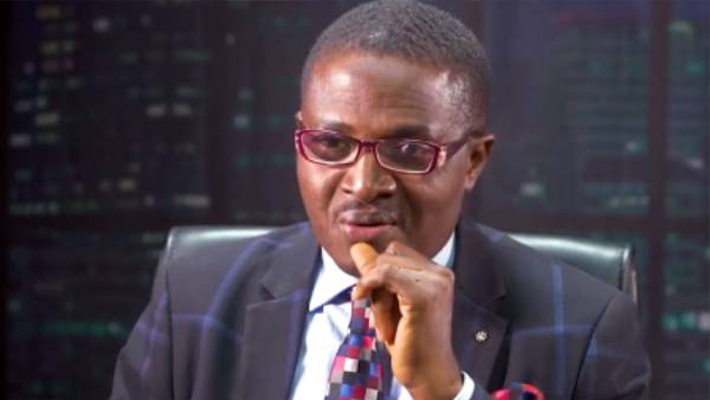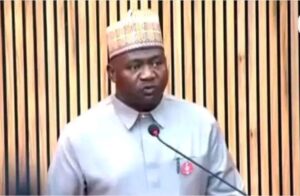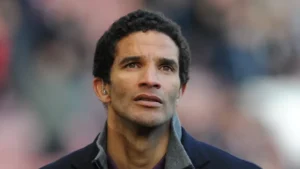A public affairs analyst has stated that political defections in Nigeria are not a danger to democracy. He explained that democracy is built on freedom of choice, and politicians moving from one party to another is part of that freedom. According to him, defections often happen when leaders feel their goals and values are no longer aligned with their current political platforms.
He noted that while many Nigerians believe defections weaken political parties, they can also push parties to improve. When key members leave, it forces party leaders to reflect on their performance and address internal problems. This, he argued, makes the democratic system stronger, not weaker.
However, the analyst admitted that frequent defections can cause confusion among voters and reduce trust in politicians. He stressed that leaders must always communicate clearly with their supporters and act in the interest of the public, not personal gain. He urged political actors to focus on policies and service delivery instead of power struggles.
He also encouraged citizens to remain engaged in the democratic process. According to him, democracy thrives when people participate actively, hold leaders accountable, and vote based on competence, not just party membership. He reminded Nigerians that democracy is bigger than any individual or political party.
In his conclusion, the analyst called for political stability, stronger party systems, and more issue-based politics. He emphasized that as long as defections are done legally and transparently, they should be seen as a normal part of democracy—not a threat to it.







